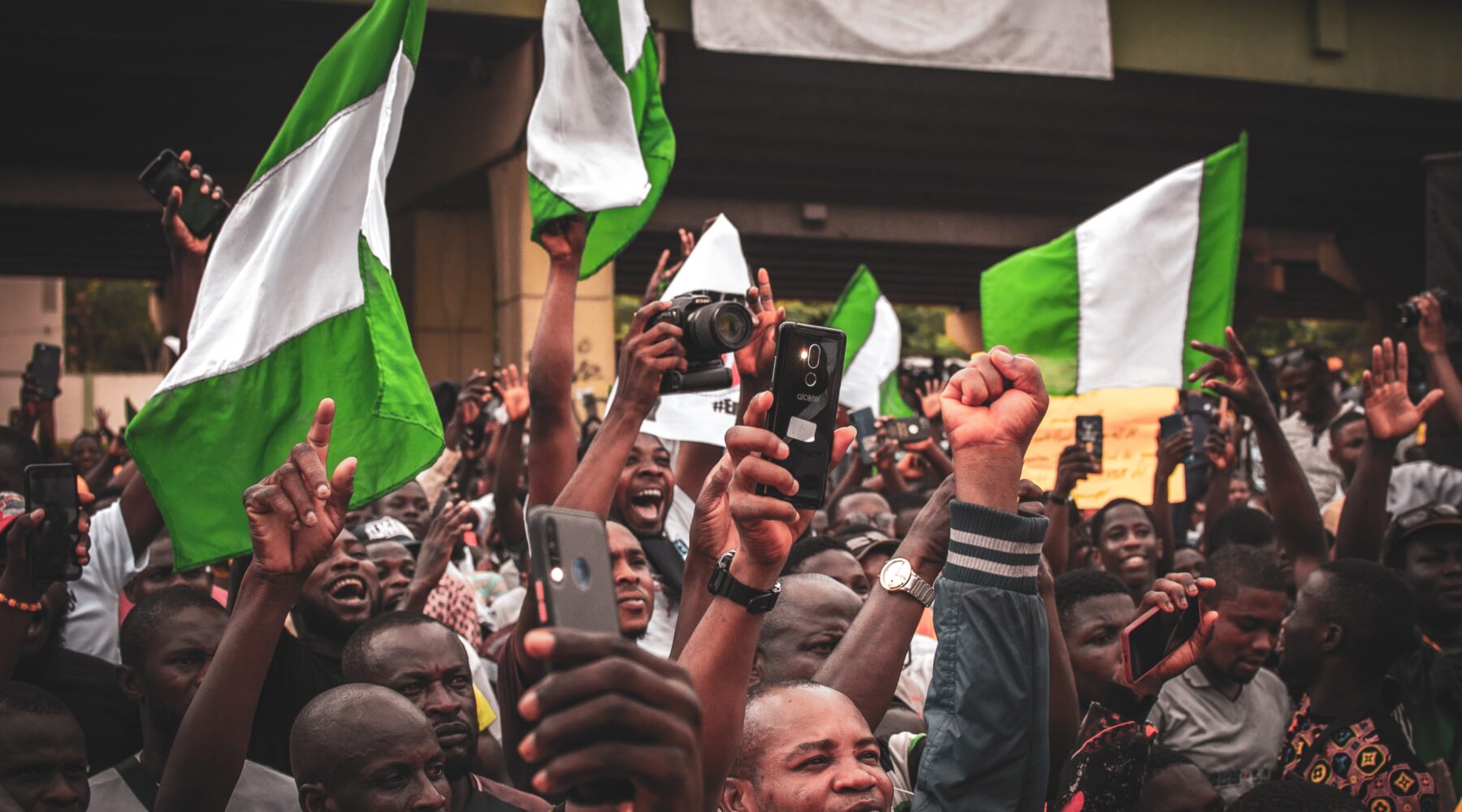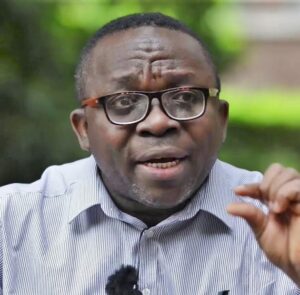


 Leo Igwe is a board member of the Humanist Association of Nigeria and Humanists International.
Leo Igwe is a board member of the Humanist Association of Nigeria and Humanists International.
Nigeria, Africa’s most populous country will be conducting a national census this year. The program was slated for March, but has been shifted to May due to a change in the date of the gubernatorial elections. This official survey would provide information about how many people live in Nigeria including their ages, jobs, and other details. The humanist community is concerned because some very vital information a census usually provides about a population would be missing. There will be no data on religious and irreligious changes, shifts, and affiliations in the country. The state agency that conducts this survey, the National Population Commission (NPC) has stated that the questionnaire would not contain any sections on religion due to the volatile and controversial nature of the question. The NPC attributed the omission to some misguided rumor and speculation that the religion question would be used to suppress or underrepresent the Muslim population in the country.
In its statement, the agency noted: “The attention of the National Population Commission has been drawn to a misleading WhatsApp message which claimed that the next Population and Housing Census will canvass questions on religion. The message alleged that there are some parts (of the questionnaire) where respondents are required to tick their religion however, Islamic religion has been divided into (sects) while Christianity has not, the objective, as alleged, is to show that Muslims are small in the country”.
Christianity and Islam, introduced by western missionaries and Arab jihadists/scholars are the dominant faiths in Nigeria. It has been speculated that about 50 percent of the population are Muslims, and about 40 percent are Christians. For centuries, these faiths have been pitched in a fierce battle and competition for control of the country. They exaggerate their numbers and treat with suspicion any effort to understand or highlight the religious numerical strength and spread especially in Northern Nigeria.
The statement further observed: “The fabricated message urged Muslims in Nigeria to see the population census as a tool to suppress them and their faith through the reduction of their numerical strength and to resist any attempt to divide the religion of Islam by refusing to answer any question on religion”. So based on what the NPC described as a fabricated message, the agency decided to exclude questions on religion and no religion from the census. It is pertinent to note that the NPC used this treacherous and mischievous WhatsApp message as a cover and device to do the bidding of the religious, Islamic, establishment in the country and ensure that the survey does not provide valid and reliable information about shifts and changes in religious and Muslim demographics.
More importantly, the exclusion of the religion question was meant to suppress information about irreligion and the non-religious population in the country. Nigeria is often portrayed as mainly populated by Muslims and Christians, with seldom reference to atheists, agnostics, freethinkers, humanists, and other irreligious people in the country. But the irreligious population in Nigeria has been growing despite the dangers and risks associated with renouncing religion and being openly irreligious in Muslim dominated and sharia-enforcing northern Nigeria. Social media, free access to information, education, and travel have loosened the grip of religion on the minds of many Nigerians. Many people have been liberated from the shackles of religious control and the stranglehold of dogma and orthodoxy. Many Nigerians are open and public about their non-religious outlook and identity. They engage in criticism and caricature of religious absurdities. So the omission of questions on religion or non-religion is an act of mischief meant to keep the world in the dark about the changes in the religious and belief landscape. It is a calculated attempt to continue to officially suppress, misrepresent and underrepresent irreligion and the irreligious in Nigeria.